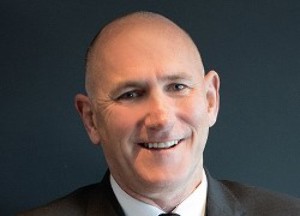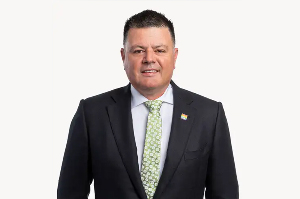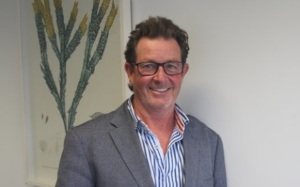
Chris Flood
Heartland's reverse mortgage receivables jumped 9.7%, or $49.6 million, to $559.9 million. The group, which owns Heartland Bank, said the rise was driven by increased brand awareness and advertising.
Chris Flood, chief executive of Heartland Bank, told TMM Online that the "vast majority" of reverse mortgages were sold to direct customers. In Australia, brokers provide the bulk of reverse mortgage business to the bank.
Flood believes more Kiwis want to bolster retirement income through equity release products, as people look to shore up their finances through the Covid-19 pandemic.
"People want to retire in their own home in comfort, especially in this Covid environment," Flood said. He said borrowers typically took out reverse mortgages worth $50,000, for home improvements, new cars or medical payments.
Heartland's Australian reverse mortgage goes from strength-to-strength. Australian reverse mortgage receivables increased by $149.1 million to $957.5 million, a rise of 18.4%.
Flood credited the strong Aussie broker market for the rise, and a shrinking pool of product providers following the Royal Commission.
The Heartland boss is hopeful the reverse mortgage space will continue to grow in NZ, offering people more choice about their retirement lifestyle.
"Boomers are starting to retire, and many are asset-rich and cash-poor," Flood said. "The lower interest rate environment might make people want to consider a reverse mortgage. The product can achieve fantastic outcomes, enabling people to live a better retirement lifestyle than they might have otherwise."
Heartland Bank launched a 2.95% digital mortgage last year, receiving $50 million worth of demand for the direct product.
The lender could re-launch the mortgage, Flood says, but Heartland is keeping an eye on where rates will settle in the coming months, with further downward pressure expected.
Flood's comments came as Heartland Group announced its full-year results today. Group profit fell from $73.6 million to $72 million in the year to June.



